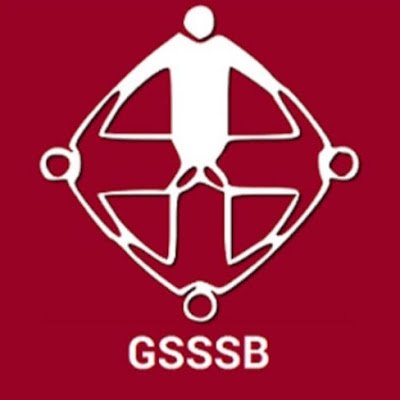Advt No.: 363/202526
🧭 GSSSB Senior Expert Class-3 Mode of Selection
The selection process for the Senior Expert (Class-3) post includes:
- Written Examination
- Document Verification
- Final Merit List
📝 GSSSB Senior Expert Class-3 Exam Pattern
- Mode: Offline (OMR-based or descriptive, as per notification)
- Total Marks: 200
- Duration: 2 hours
- Sections:
- General Knowledge
- Gujarati Language & Grammar
- English Language
- Computer Knowledge
- Subject-Specific Science (Postgraduate level)
Detailed Syllabus of Exam
Part A – Reasoning & Quantitative Aptitude (60 Marks)
(1) Reasoning & Data Interpretation – 30 Questions | 30 Marks
- Problems on Ages
- Venn Diagram
- Visual Reasoning
- Blood Relation
- Arithmetic Reasoning
- Data Interpretation (Charts, Graphs, Tables)
- Data Sufficiency
(2) Quantitative Aptitude – 30 Questions | 30 Marks
- Number Systems
- Simplification & Algebra
- Arithmetic & Geometric Progression
- Average
- Percentage
- Profit & Loss
- Ratio & Proportion
- Partnership
- Time & Work
- Time, Speed & Distance
- Work, Wages & Chain Rule
Part B – General Awareness & Technical (150 Marks)
(1) Constitution of India – 10 Questions | 10 Marks
- Preamble of the Constitution
- Fundamental Rights
- Directive Principles of State Policy
- Fundamental Duties
- Role of President, Vice President & Governor
- Parliamentary System
- Amendments & Emergency Provisions
- Centre–State Relations
- Judicial System
- Constitutional Bodies
(2) Current Affairs – 10 Questions | 10 Marks
- State, National & International Events
(3) Comprehension – Gujarati – 5 Marks | English – 5 Marks
- Interpretation & Inference Skills
- Paragraph-based Questions
- Statement & Assertion Type
(4) Technical Qualification – Subject-Specific Questions
Technical Syllabus Overview – 120 Questions | 120 Marks
- Electric Potential (06): Physical meaning, Dipole & system of charges, Equipotential surfaces, Potential energy
- Gauss’s Theorem & Electromagnetism (06): Flux, Induction, Faraday’s law, AC circuits
- Electromagnetic Waves (06): Characteristics, EM spectrum, Propagation
- Reflection & Refraction (06): Mirrors, Lenses, Prism, Scattering
- Optical Devices & Wave Optics (06): Microscope, Telescope, Interference, Diffraction
- Polarization & Double Refraction (05): Plane polarized light, Calcite crystal, Nicol prism
- Molecular Spectra & Energy States (05): Electronic motion, Spectra types
- Pure Rotational Spectra (05): Rotator types, Isotope effect, Lasers
- Vibrational–Rotational Spectra (05): Oscillators, IR bands
- Raman Spectra (05): Theory, Setup, Comparison with IR
- Molecular Electronic States (05): Symmetry, Classification
- Fluorescence & Phosphorescence (05): Emission mechanisms
- Spectroscopy Basics (05): Sources, Detectors, Selection rules
- X-ray Spectrometry (05): EDX, WDX, Diffraction
- Ultraviolet Spectroscopy (05): Transitions, Effects, Shifts
- Visible Spectroscopy (05): Beer-Lambert law, Instrumentation
- Infrared Spectroscopy (05): Binding, Structure correlation
- Evolution (05): Life origin, Selection, Speciation
- Plant Kingdom (05): Characters, Root, Stem, Leaves
- Cell Structure (05): Wall, Membrane, Organelles
- Fundamentals of Biology (10): Bryophytes, Gymnosperms, Anatomy
- Cell Division (05): Mitosis, Meiosis, Tumor
- Current Trends & Advancements: Latest developments in all above fields
Please read the Official Notification carefully before submitting your application.


Leave a Reply